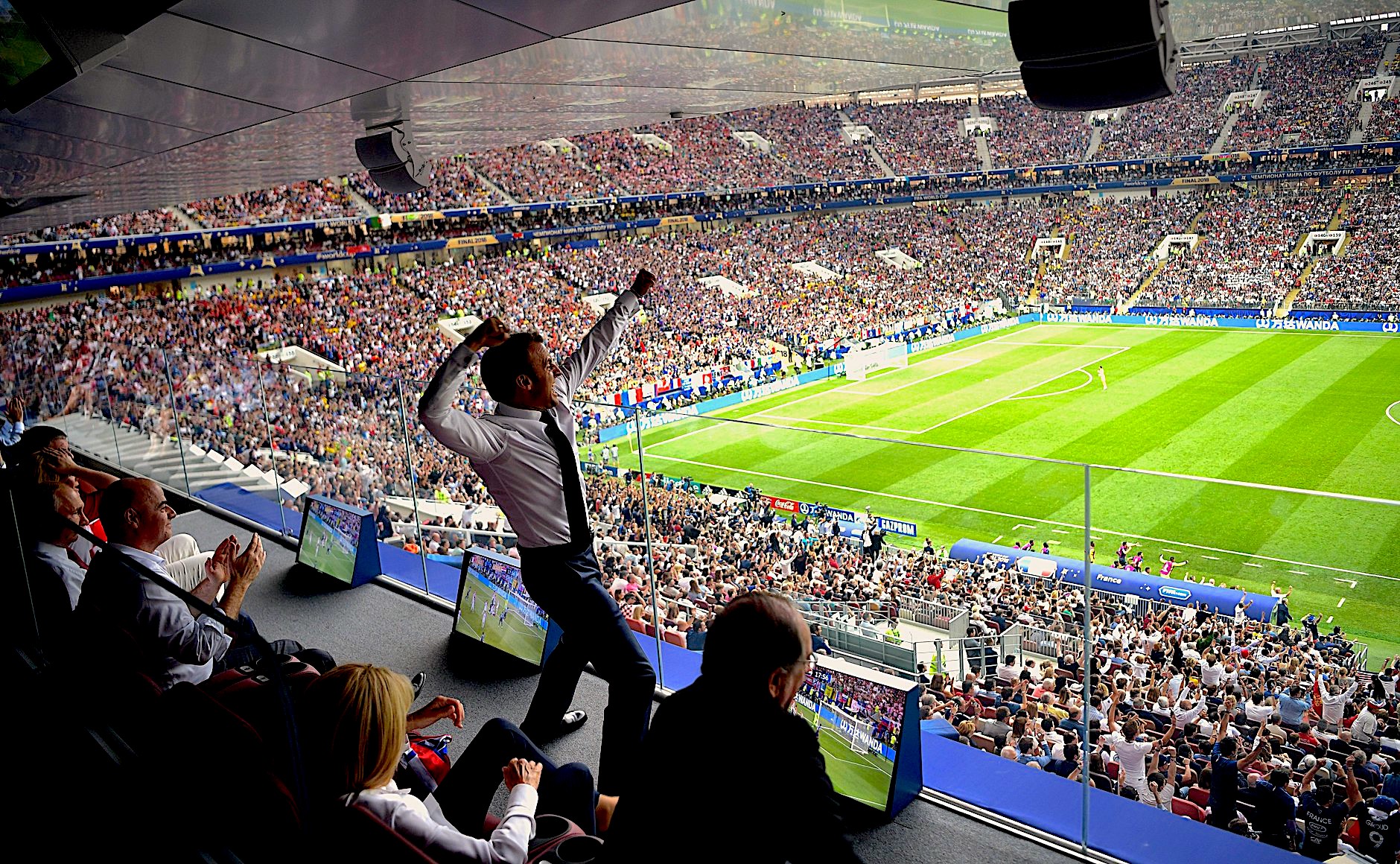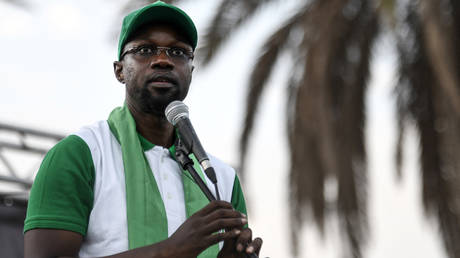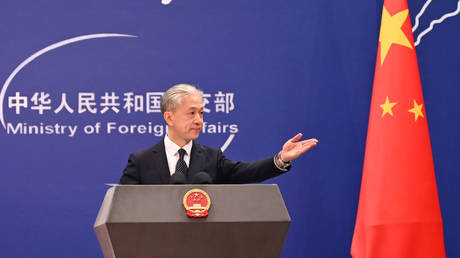French Popular Uprising: Revolution or Frozen Conflict?
by Diana Johnstone, Consortium News:
 This conflict is essentially over policies that put the avaricious demands of financial markets ahead of the needs of the people, writes Diana Johnstone.
This conflict is essentially over policies that put the avaricious demands of financial markets ahead of the needs of the people, writes Diana Johnstone.
The people are angry with their government. Where? Just about everywhere. So what makes ongoing strikes in France so special? Nothing, perhaps, except a certain expectation based on history that French uprisings can produce important changes – or if not, can at least help clarify the issues in contemporary social conflicts.
The current ongoing social unrest in France appears to pit a majority of working people against President Emmanuel Macron. But since Macron is merely a technocratic tool of global financial governance, the conflict is essentially an uprising against policies that put the avaricious demands of financial markets ahead of the needs of the people. This basic conflict is at the root of the weekly demonstrations of Yellow Vest protesters who have been demonstrating every Saturday for well over a year, despite brutal police repression. Now trade unionists, public sector workers and Yellow Vests demonstrate together, as partial work stoppages continue to perturb public transportation.
In the latest developments, teachers in Paris schools are joining the revolt. Even the prestigious prep school, the Lycée Louis le Grand, went on strike. This is significant because even a government that shows no qualms in smashing the heads of working class malcontents can hesitate before bashing the brains of the future elite.
Pension System
However general the discontent, the direct cause for what has become the longest period of unrest in memory is a single issue: the government’s determination to overhaul the national social security pension system. This is just one aspect of Macron’s anti-social program, but no other aspect touches just about everybody’s lives as much as this one.
French retirement is financed in the same way as U.S. Social Security. Employees and employers pay a proportion of wages into a fund that pays current pensions, in the expectation that tomorrow’s workers will pay for the pensions of those working today.
The existing system is complex, with particular regimes for 42 different professions, but it works well enough. As things are, despite the growing gap between the ultra-rich and those of modest means, there is less dire poverty among the elderly in France than, for example, in Germany.
The Macron plan to unify and simplify the system by a universal point system claims to improve “equality,” but it is a downward, not an upward leveling. The general thrust of the reform is clearly to make people work longer for smaller pensions. Bit by bit, the input and output of the social security system are being squeezed. This would further reduce the percentage of GDP going into wages and pensions.
The calculated result: as people fear the prospect of a penniless old age, they will feel obliged to put their savings into private pension schemes.
International Solidarity

Yellow Vest protest in Brussels, December 2018. (Pelle De Brabander, Flickr, CC BY 2.0, Wikimedia Commons)
In a rare display of old-fashioned working-class international solidarity, Belgian trade unions have spoken out in strong support of French unions’ opposition to Macron’s reforms, even offering to contribute to a strike fund for French workers. Support by workers of one country for the struggle of workers in another country is what international solidarity used to mean. It is largely forgotten by the contemporary left, which tends to see it in terms of opening national borders. This perfectly reflects the aspirations of global capitalism.
The international solidarity of financial capital is structural.
Macron is an investment banker, whose campaign was financed and promoted by investment bankers, including foreign investors. These are the people who helped inspire his policies, which are all designed to strengthen the power of international finance and weaken the role of the State.
Their goal is to induce the State to surrender decision-making to the impersonal power of “the markets,” whose mechanical criterion is profit rather than subjective political considerations of social welfare. This has been the trend throughout the West since the 1980s and is simply intensifying under the rule of Macron.

President Emmanuel Macron celebrating France’s victory over Croatia in the 2018 World Cup final in Moscow. (Kremlin)
The European Union has become the principal watch dog of this transformation. Totally under the influence of unelected experts, every two years the EU Commission lays out “Broad Economic Policy Guidelines” – in French GOPÉ (Grandes Orientations des Politiques Économiques), to be followed by member states. The May 2018 GOPÉ for France “recommended” (this is an order!) a set of “reforms,” including “uniformization” of retirement schemes, ostensibly to improve “transparency,” “equity,” labor mobility and – last but definitely not least – “better control of public expenditures.”. In short, government budget cuts.
The Macron economic reform policy was essentially defined in Brussels.
Read More @ ConsortiumNews.com
Loading...


